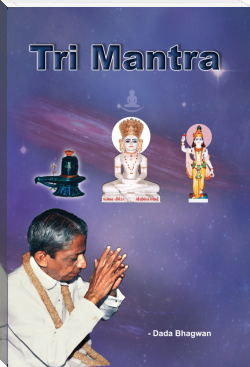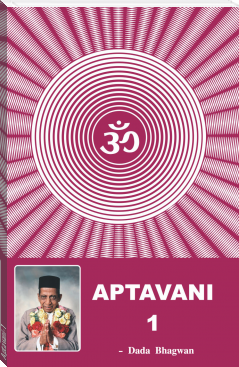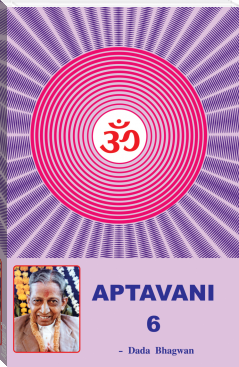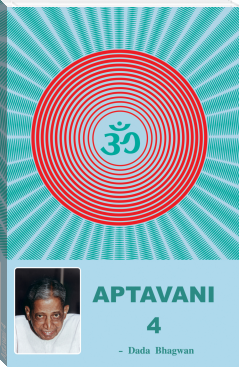Aptavani-2 by Dada Bhagwan (interesting novels to read .txt) 📕

- Author: Dada Bhagwan
Book online «Aptavani-2 by Dada Bhagwan (interesting novels to read .txt) 📕». Author Dada Bhagwan
“Aptavani 2” is the second in a series of spiritual books titled “Aptavani”. In this series, Gnani Purush (embodiment of Self knowledge) Dada Bhagwan addresses age-old unanswered questions of spiritual seekers.
Free e-book «Aptavani-2 by Dada Bhagwan (interesting novels to read .txt) 📕» - read online now
Similar e-books:





Comments (0)